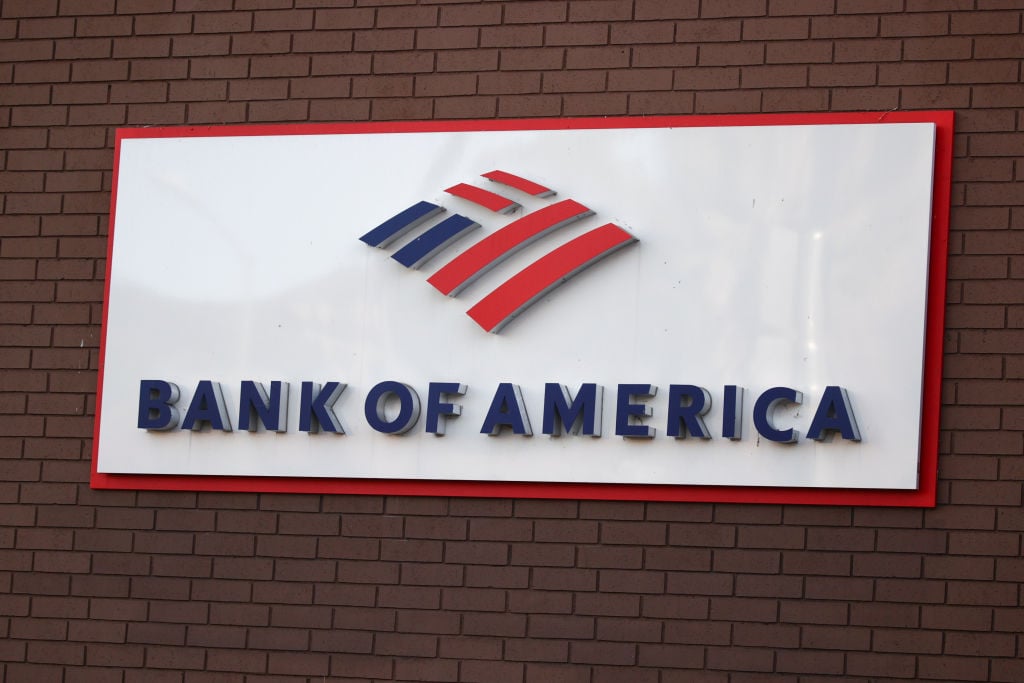The big banks took a pounding this week, and Bank of America (BAC +0.16%) was no exception: down 2.30% on the week. With no breaking bad news for B of A, what's to explain the superbank's severe downturn?
The tale of the tickers
Before we dig into that, here's a quick overview of how B of A's peers and the markets performed this week:
- Citigroup (C +1.11%) was down a massive 3.94%.
- JPMorgan Chase (JPM +0.88%) was down a much less massive, but significant, 0.82%.
- Wells Fargo (WFC +0.20%) held up the best by far of the big four, down just 0.62%.
The markets were all in the red, as well; with the Dow Jones Industrial Average down 0.51%, the S&P 500 down 1.37%, and the Nasdaq the worst performer by far, down 2.36%.
Foolish bottom line
A 2.30% share-price drop is nothing to sneeze at. Usually, it takes some big piece of bad news to move a single stock by that much. But again, there just wasn't much cracking on the B of A home front this week.
Foolish colleague John Maxfield reported on poor B of A performance on the customer service front, per information released by the Consumer Financial Protection Bureau, but it's unlikely investors would care too much about that.
But there was something unusual that happened in the markets on Wednesday. B of A, Citi, and JPMorgan all dropped off a cliff. Citi lost more than 3% that day alone, while JPMorgan and B of A both lost more than 2%. Wells Fargo held up the best on Black Banking Wednesday, losing only 0.22% off its share price. Warren Buffet's favorite bank also recovered very strongly on Thursday -- again unlike its peers -- only to start today down again.
There's no apparent reason for this banking sector hammering, either. Wednesday did see a ADP, the payroll-processing giant, report less than expected private-sector job growth, but if you're looking for a singular reason for Black Banking Wednesday, that's a stretch. (And if markets didn't like the ADP report, wait till they get a hold of today's truly terrible jobs numbers.)
The bottom line is, sometimes the markets move down -- and up -- for no apparent reason. But as Foolish investors -- buy-and-hold types who are in it for the long haul -- remember not pay too much attention to the day-to-day, week-to-week, or even month-to-month gyrations of the markets. Markets are made up of people, and people can be fickle.
So long as the companies you hold stock in have sound fundamentals, you believe in the corporate mission, and you understand how they make money, have faith that your investing dollars are in the right place. Get rich slowly, Fools.









